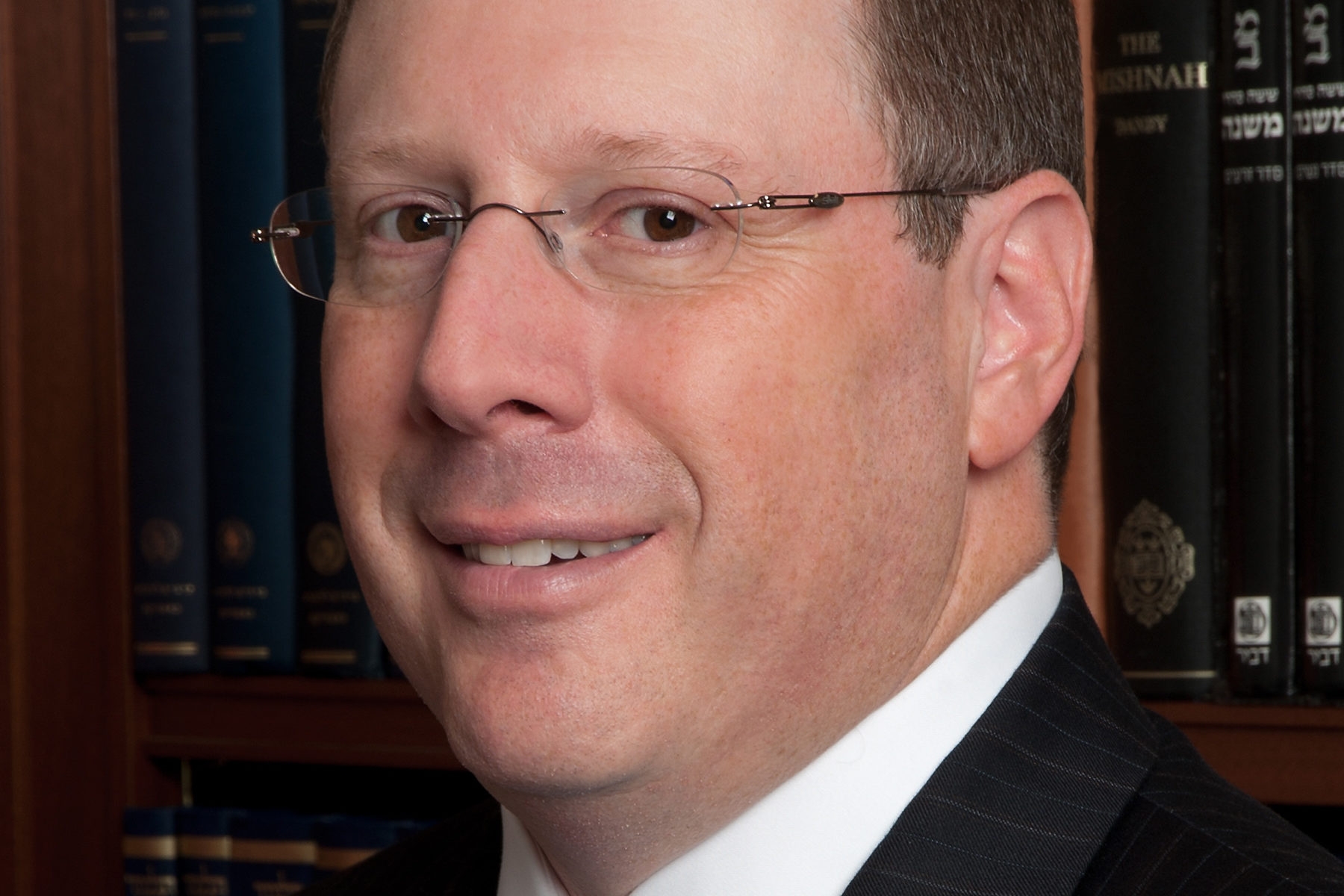NEW YORK (JTA) — If you want to lead a major Reform Jewish organization, here’s a piece of advice: Go to the Westchester Reform Temple.
With this week’s announcement that Rabbi Aaron Panken will be the new president of Hebrew Union College-Jewish Institute of Religion, the temple in suburban New York now has produced two major Reform leaders in two years. (The other is Rabbi Rick Jacobs, who two years ago ceded the pulpit of the Scarsdale synagogue to become president of the Union for Reform Judaism.
Panken isn’t new to HUC. He has been at the Reform rabbinical seminary since the mid-1990s, holding such senior positions as vice president for strategic initiatives, dean of the New York campus and dean of students.
In fact, almost everything Panken has done has been Jewish. He grew up on Manhattan’s Upper West Side (officially a Jewish activity, even if you don’t do anything Jewy), went straight from college to a job as regional director of the North American Federation of Temple Youth, was ordained by HUC, worked as an associate rabbi at Manhattan’s Congregation Rodeph Shalom and earned a doctorate in Hebrew and Judaic Studies at New York University.
Along the way, Panken also became a licensed commercial pilot. He doesn’t fly jumbo jets, but in a pinch he could get you where you need to go. He also has a degree in electrical engineering from Johns Hopkins University.
Panken, who also flies gliders, told JTA he was inspired to get his pilot’s license on a trip to Denali National Park in Alaska.
His piloting skills might come in handy in his new job: Panken will serve as the chief executive officer of HUC’s four campuses — in Cincinnati, Jerusalem, Los Angeles and New York. He will officially assume his new role on Jan. 1; his predecessor, Rabbi David Ellenson, who has been president since 2001, will become the school’s chancellor.
Panken says it’s a good time to be president of HUC. The institution is financially stable following its fiscal troubles of five to seven years ago, and interesting challenges lie ahead.
Job No. 1, he says, is bringing people into Judaism “in a modern American context.” That means engaging Jews, particularly young ones, outside the synagogue, Panken said, echoing one of Jacobs’ favorite lines.
One of HUC’s challenges is to recruit the “best and brightest” to careers in the rabbinate rather than in law and medicine or on Wall Street.
“I’d love to see more people who have had significant and meaningful Jewish experiences actually consider these careers,” Panken said. “Unfortunately, for a lot of young folks it’s not the first thing people are talking about as a career choice.
“I’d like it to become more of a household term that people really think about. It’s important for us to remind them about the great possibilities. The rabbi/cantor/educator who was so inspiring for you as a young person — you can be that person.”
On the question of whether HUC should change its policies to end the ban on ordaining rabbis who are married to non-Jews, he said, “I think the faculty and administration will have a very serious look at that and go through a responsible decision-making process. On something like that you want to do it right.”
As to whether the next head of the Central Conference of American Rabbis, the Reform movement’s rabbinical association, will come from the Westchester Reform Temple, too, Panken demurs.
“It’s pretty much a coincidence,” he said of sharing the same shul with Jacobs.
JTA has documented Jewish history in real-time for over a century. Keep our journalism strong by joining us in supporting independent, award-winning reporting.






